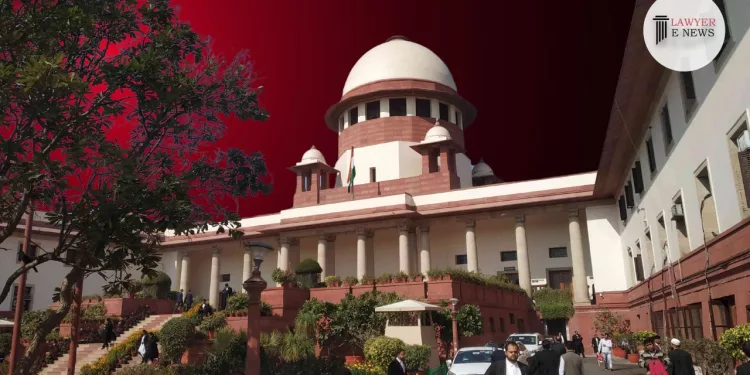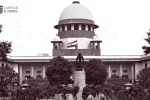Supreme Court Upholds Right to Share in Ancestral Property for Children of Void or Voidable Marriages

In a landmark judgment, the Supreme Court of India has set a precedent by upholding the rights of children born from void or voidable marriages to their ancestral property. The Civil Appeal No. of 2024, involving the appellants Raja Gounder and others against respondents M. Sengodan and others, was resolved with a detailed analysis of family relations and rights under the Hindu Marriage Act, 1955, and the Hindu Succession Act, 1956.
The dispute centered on the partition and possession of agricultural lands in Tamil Nadu, following the demise of Muthusamy Gounder. The appellants, later added to the case, claimed their share as legal heirs, despite the disputed legitimacy of their parentage. The initial suit, filed by Respondent Nos. 1 and 2, was dismissed by both the Trial Court and the High Court due to the non-establishment of valid marriages of Muthusamy Gounder with Appellant No. 2 and Respondent No. 2.
In a significant observation, the Supreme Court, led by Justices M.M. Sundresh and S.V.N. Bhatti, noted, “Denying the children of Muthusamy Gounder a share in the property of notional partitioned in favour of Muthusamy Gounder, is unsustainable in law and fact.” This statement underlines the Court’s recognition of the rights of children irrespective of the legal status of their parents’ marriage.
The Court’s analysis leaned heavily on Sections 17 and 18 of the Indian Evidence Act, 1872, regarding admissions and declarations in documented evidence. Key to the decision was a mortgage deed executed by Muthusamy Gounder, which acknowledged the appellants and Respondent No. 1 as his sons. This admission was deemed legally binding.
The judgement also references the case of Revanasiddappa and another v. Mallikarjun and others, reinforcing the principle that children from void or voidable marriages are entitled to shares in their parents’ property. “The property of the parent, where the parent had an interest in the property of a joint Hindu family governed under the Mitakshara law, has to be ascertained,” the Court added, emphasizing the legal rights of all children to parental property.
The final verdict was the issuance of a preliminary decree of partition, dividing the property first between Respondent No. 3 and Muthusamy Gounder and then among his children, thus allowing the appeal. This ruling is a significant step in ensuring equal rights and justice for children born under all circumstances.
Date of Decision: 19th January 2024
RAJA GOUNDER AND OTHERS VS M. SENGODAN AND OTHERS






